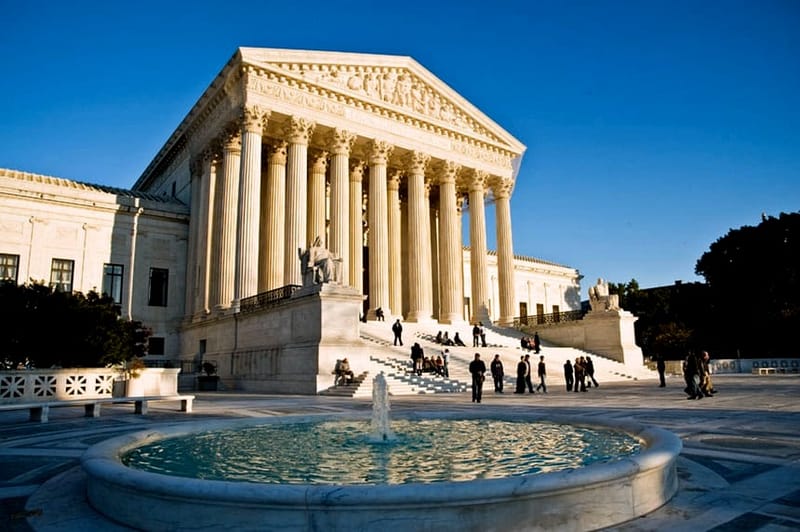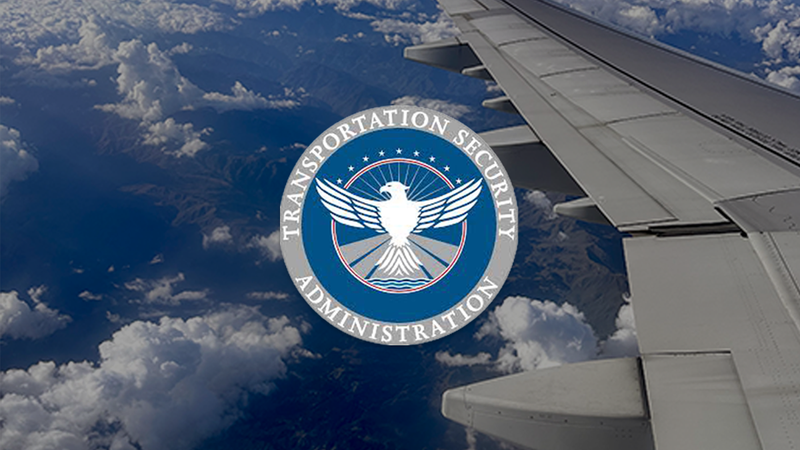California Worker Freedom from Employer Intimidation Act: Understanding SB 399
California's SB 399, the Worker Freedom from Employer Intimidation Act, protects employees from coercion in political or religious matters at work.


Senate Bill No. 399 (SB 399), signed into law by Governor Gavin Newsom on September 27, 2024, introduces new protections for California workers. Officially titled the California Worker Freedom from Employer Intimidation Act, the legislation restricts employers from requiring employees to participate in discussions about the employer’s views on political or religious matters. The law, authored by State Senator Dr. Aisha Wahab (D-District 10), takes effect on January 1, 2025.
#SB399—Worker Freedom from Employer Intimidation Act—is now heading to the Governor! #captiveaudience #WorkersRights #caleg pic.twitter.com/RT2PRyORJd
— Senator Aisha Wahab (@SenAishaWahab) September 1, 2024
Dr. Wahab emphasized the law’s importance:
“SB 399 is about fairness and equity in the workplace. Captive audience meetings disrupt the balance of power by forcing workers to attend meetings unrelated to their jobs, often under threat of retaliation.”
She added that the law creates “a fairer and more respectful environment” for workers while fostering productivity in California businesses.
Here’s what to expect as SB 399 goes into effect, including its key provisions and implications for workers and employers.
What Does SB 399 Do?
Widely reported on since its inception, SB 399 prohibits employers from mandating employee attendance at meetings or communications where the primary purpose is to express the employer’s opinions on political or religious issues. According to the law, “An employee who is working at the time of the meeting and elects not to attend…shall continue to be paid while the meeting is held” (§1137(c)).
This law also prohibits retaliation or discrimination against employees who choose not to participate in these discussions, protecting their rights to make personal decisions free from workplace pressure.
Key Provisions of SB 399
Protections for Employees
SB 399 provides the following protections:
- Employers cannot require employees to attend meetings or receive communications that share the employer’s opinions on:
- Political matters, such as elections, legislation, regulations, or support for political parties or labor organizations.
- Religious matters, such as affiliations, practices, or support for religious organizations.
- Employees who decline to attend must still receive their regular pay for scheduled work hours (§1137(c)).
Enforcement Mechanisms
SB 399 includes mechanisms for ensuring compliance:
- Civil penalties: Employers can face fines of $500 per employee for each violation (§1137(d)).
- Labor Commissioner oversight: The Commissioner is authorized to investigate violations, issue temporary relief orders, and file civil actions if necessary.
- Civil lawsuits: Employees can pursue legal action to recover damages, including punitive damages, and request injunctive relief (§1137(f)).
Exemptions
Certain types of organizations and communications are exempt from the restrictions in SB 399, including:
- Religious organizations: May communicate as part of their mission (§1137(h)(1)).
- Political organizations: May require participation in communications about their political tenets (§1137(h)(2)).
- Educational institutions: May include political or religious topics as part of coursework or lectures (§1137(h)(3)).
- Employers may still communicate legally required information or provide instructions necessary for job duties (§1137(g)(1–2)).
Severability Clause
The law ensures that if one part is invalidated, the remaining provisions remain enforceable (§1137(i)).
How SB 399 Impacts Workers
SB 399 introduces protections aimed at limiting employer influence on workers' personal decisions. Key benefits include:
- Autonomy: Employees are not required to attend employer-led discussions on politics or religion.
- Job security: Retaliation against employees who decline participation is prohibited.
- Fair compensation: Workers are entitled to pay for scheduled hours even if they opt out of such meetings.
These provisions aim to create boundaries between professional responsibilities and personal beliefs, offering workers greater control over their engagement in workplace discussions.
How SB 399 Impacts Employers
Employers will need to review and potentially revise workplace policies to comply with the new requirements. Actions may include:
- Policy updates: Ensuring existing rules align with SB 399’s restrictions.
- Training: Educating managers and HR personnel on avoiding coercion or retaliation.
- Exemption reviews: Determining whether specific provisions apply to their operations.
Failure to comply could result in financial penalties and legal challenges, making proactive adjustments essential.
California’s Approach to Worker Protections
SB 399 reflects California’s broader labor protections, which aim to balance workplace rights and responsibilities. By limiting employer influence on personal beliefs, the law underscores the importance of maintaining professional boundaries while respecting individual freedoms. As the law takes effect on January 1, 2025, understanding its requirements will be crucial for workers and employers alike.







